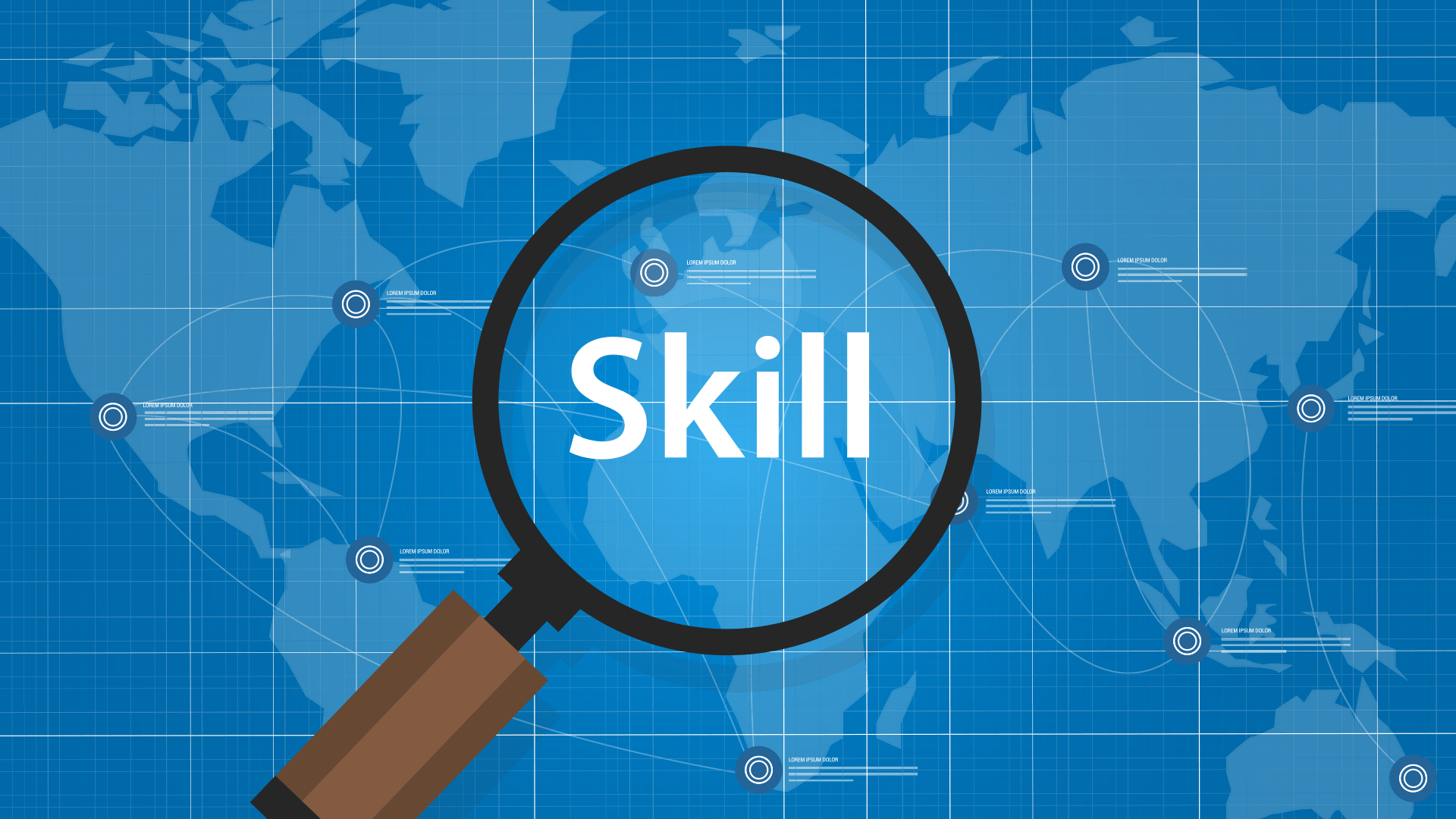The Pew Research Center performed a study 15 years ago of the Organization for Economic Co-operation and Development (OECD) countries that ranked American K-12 students 25th and 27th, respectively, in math and science acumen. No need to worry though. These very same students ranked themselves number one in self-esteem. Translated, American kids feel good about being woefully ignorant about their scholastic shortcomings. Fast forward to 2018 when the OECD assessments were last administered, U.S. students continued to lag behind their peers in Asia and Europe not just in math and science, but reading, too. Despite spending $14,981 annually for each K-12 student enrolled in American public schools—one of the highest costs for education among OECD countries (equaling $762 billion yearly)—the academic outcomes are distressingly low for a nation aspiring to remain a high-tech powerhouse and global center of innovation.
In addition to education, another socioeconomic factor holding back our nation from realizing its full potential is the politicization and partisanship by U.S. Congress to passing meaningful immigration reform. Ironic when you consider how many of them or their parents were born overseas. Legislators have failed to leverage our nation’s soft power by rolling down the drawbridge to foreigners who dream of a better life in America. Thomas Freidman once suggested an Einstein immigration policy whereby the U.S. government staples a green card to the diplomas of foreign students graduating from our nation’s universities with STEM-related disciplines. Another public policy prescription is to streamline the path to citizenship for Deferred Action for Childhood Arrivals (DACA) living their lives in limbo through no fault of their own while waiting for the dreaded knock on their door. Though solutions like these to our talent crisis are readily apparent, a lack of political will stands in the way of their realization.
Historically, we are a nation defined by the exceptional creativity and brilliance of newcomers. Since 1901, immigrants have been awarded 37% of the U.S. Nobel Prizes in physics, 35% in chemistry, and 33% in medicine, according to the National Foundation for American Policy. Circling back for a moment, the most notable example is German-born physicist Albert Einstein whose theory of relativity (a force multiplier leading to other major scientific discoveries) was acknowledged by the Swedish Academy in 1921. Despite accounting for only 14.2% of the U.S. population, foreign-born residents today hold nearly a third of all patents filed by the U.S. Patent and Trademark Office. Their contributions to our nation’s success seems to have been lost on those opposed to a merit-based immigration policy.
Look also to Silicon Valley where many of the legendary American technology companies were founded by immigrants or children of migrants. They include Google’s Sergey Brin (Russia), Tesla’s Elon Musk (South Africa), Intel’s Andrew Grove (Hungary), and Steve Jobs of Apple whose father Abdulfattah Jandali was Syrian. Immigration and education are inextricably intertwined and profoundly correlated to our nation’s global competitiveness, wealth creation, and increased living standards. Despite their desire to stay in the U.S., many foreign graduates and budding entrepreneurs today are sent back to their home countries where there is a dismal lack of market opportunities to optimize their talents.
The dysfunctional nature of our immigration and educational systems is even more glaring when combined with lower birth rates in the U.S. and retiring Baby Boomers riding their tribal skills and deep institutional knowledge into the sunset. Rather than fighting a war for both skilled and non-skilled talent, the U.S. seems to be waging a war against it. For starters, the lack of homegrown talent in the U.S. is stymied by a public education monopoly beholden to the teacher unions, administrators, school boards, and absentee parents. Taken together, they have abjectly failed to prepare K-12 students for the rigors of post-secondary education and meaningful careers thereafter. On the contrary, they have squandered our human resources and set them up for a life of poverty and despair. In short, public schools have jeopardized our nation’s ability to compete in a hyper-competitive world characterized by globalization, digitalization, and exponential technological growth.
Once the envy of the world, our K-12 educational system today is in critical care, requiring a major overhaul to address the root cause of its failures. This does not mean poking around the margins to give the appearance of change but a control-alt-delete approach solving the crisis in consequential ways. No one is asking students to become well-versed in the rhetorical defense Socrates made before an Athenian jury (but it would not hurt). However, teaching and learning should apply the Socratic method of critical thinking and moral absolutes. Rather than lowering academic standards (the “soft bigotry of low expectations”, according to George W. Bush), eliminating SAT entry exams, and passing underperforming students on to a life without opportunity, we should help them break the cycle of generational welfare and hopelessness. The public monopoly on education that has for decades failed to prepare our students for the future of work is not a strategy. Nor is defunding apprenticeship programs for those inclined to learn a skilled trade as an alternative to college.
One important remedy is allowing parents who want the best education for their children to send them to a school of their choice whether public, charter, private, or religious. After all it is their tax dollars to begin with. Furthermore, the job of teaching belongs to the parents, too. Taxpayer funds should follow the students to their chosen schools rather than funding bloated bureaucracies and unaccountable administrators dictating curriculum. Why can’t the government provide parents and students with vouchers and provide them the freedom to choose what school to attend? Why do we tolerate a public monopoly on education whose vested interests in the status quo include an utter lack of responsibility for poor student outcomes? Why as a nation do we glorify ignorance rather than stimulating a culture of intellectual curiosity? The future pipeline and, metaphorically, supply chain of students lacking STEM skills will continue to hamper our ability to stimulate economic development and remain a superpower.
Isaac Asimov stated that anti-intellectualism has been a historical constant running through cultural and political life, nurtured by the false premise that someone’s ignorance is just as good as someone else’s knowledge. Although education is abundant, the desire to learn is scarce. Ending where we started, Albert Einstein observed that two things are infinite: the universe and ignorance. He wasn’t sure about the universe, but maybe that was just him being ignorant. And therein lies why political leadership defies common sense when tackling our nation’s chronic shortage of talent and skills. Public schools have good reason to oppose charters because the latter generate better academic outcomes in many cases. Only demanding and engaged voters holding their politicians and educational institutions liable for their failures can change the way children are taught. Funding alternatives to traditional public institutions would cost much less than the ripple effect of illiteracy.
Noel Nevshehir is director of Automation Alley’s International Business Services and Global Strategic Partnerships. In this role, Nevshehir is responsible for leading Automation Alley’s trade mission program and foreign direct investment efforts. He is also responsible for seeking out global strategic partners that align with Automation Alley’s Industry 4.0 mission.




